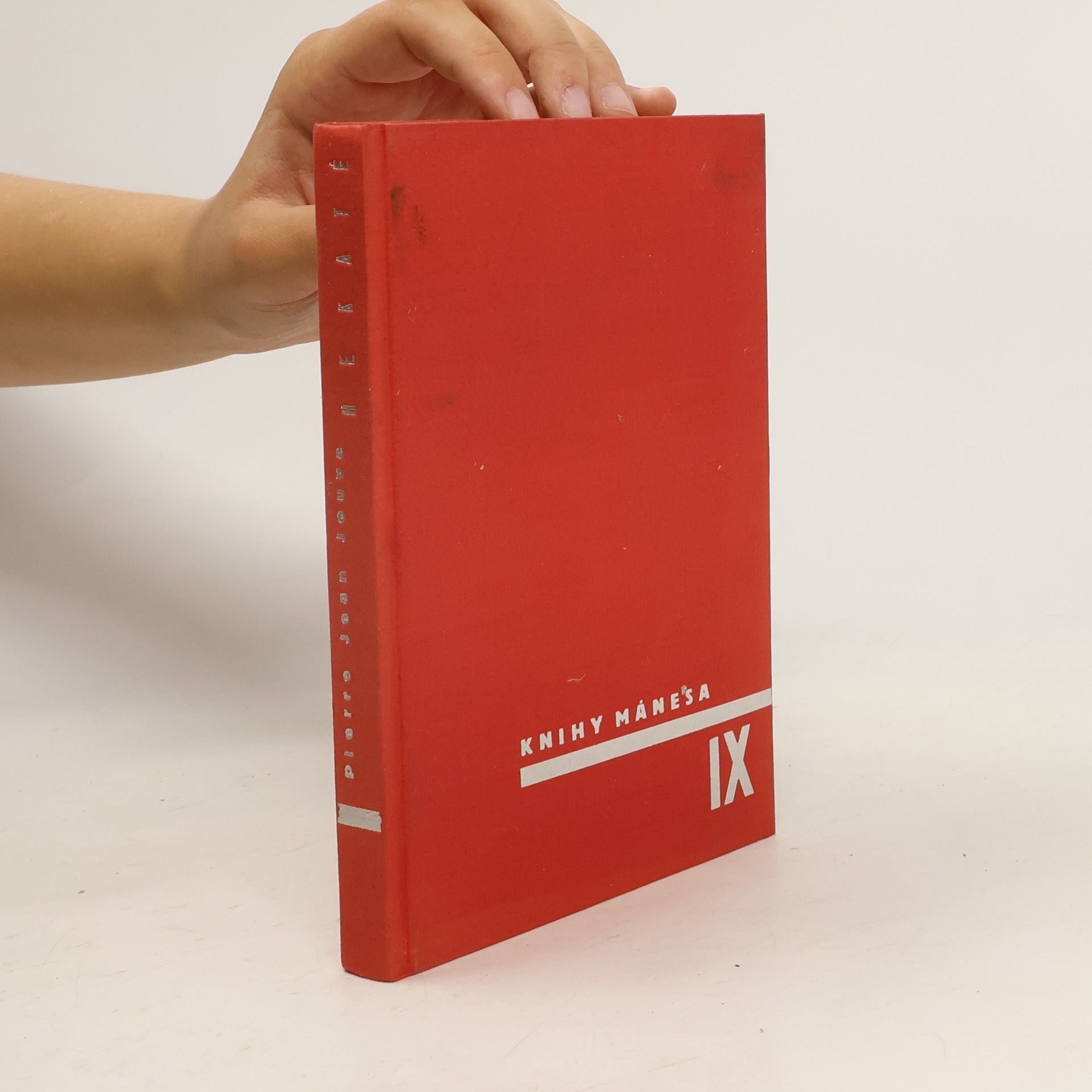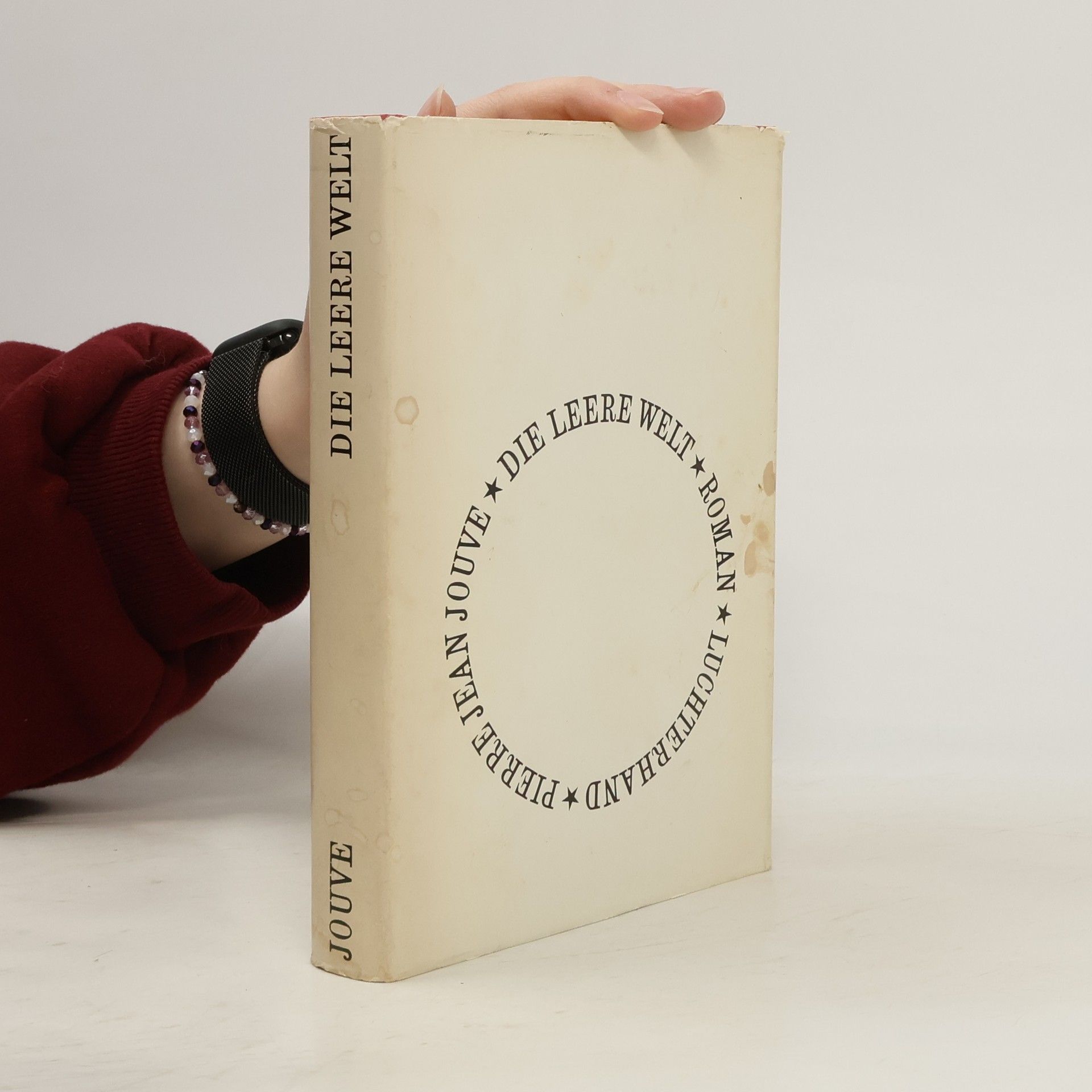Pierre Jean Jouve Livres
Pierre Jouve a connu « plusieurs vies » au cours de son parcours littéraire. Avant la Première Guerre mondiale, il fut une figure marquante du mouvement Unanimiste, visant à capturer l'expérience collective. Pendant la guerre, il participa activement au mouvement pacifiste, prônant des résolutions pacifiques. Un changement profond s'opéra après 1921, sous l'influence de sa seconde épouse, la psychanalyste Blanche Reverchon, qui l'initia aux concepts psychanalytiques. Jouve devint l'un des premiers écrivains à explorer l'impact de l'inconscient sur la création artistique, comme en témoignent ses œuvres du milieu des années 1920. Sa poésie et ses romans de cette époque plongèrent dans la complexité psychologique et l'expression artistique. Plus tard, Jouve s'affirma comme une voix de résistance intellectuelle contre le nazisme, sa poésie apocalyptique servant de protestation puissante. Il interagissait constamment avec un large éventail d'artistes, d'écrivains et de penseurs, laissant un héritage qui inspira les générations futures de créateurs.
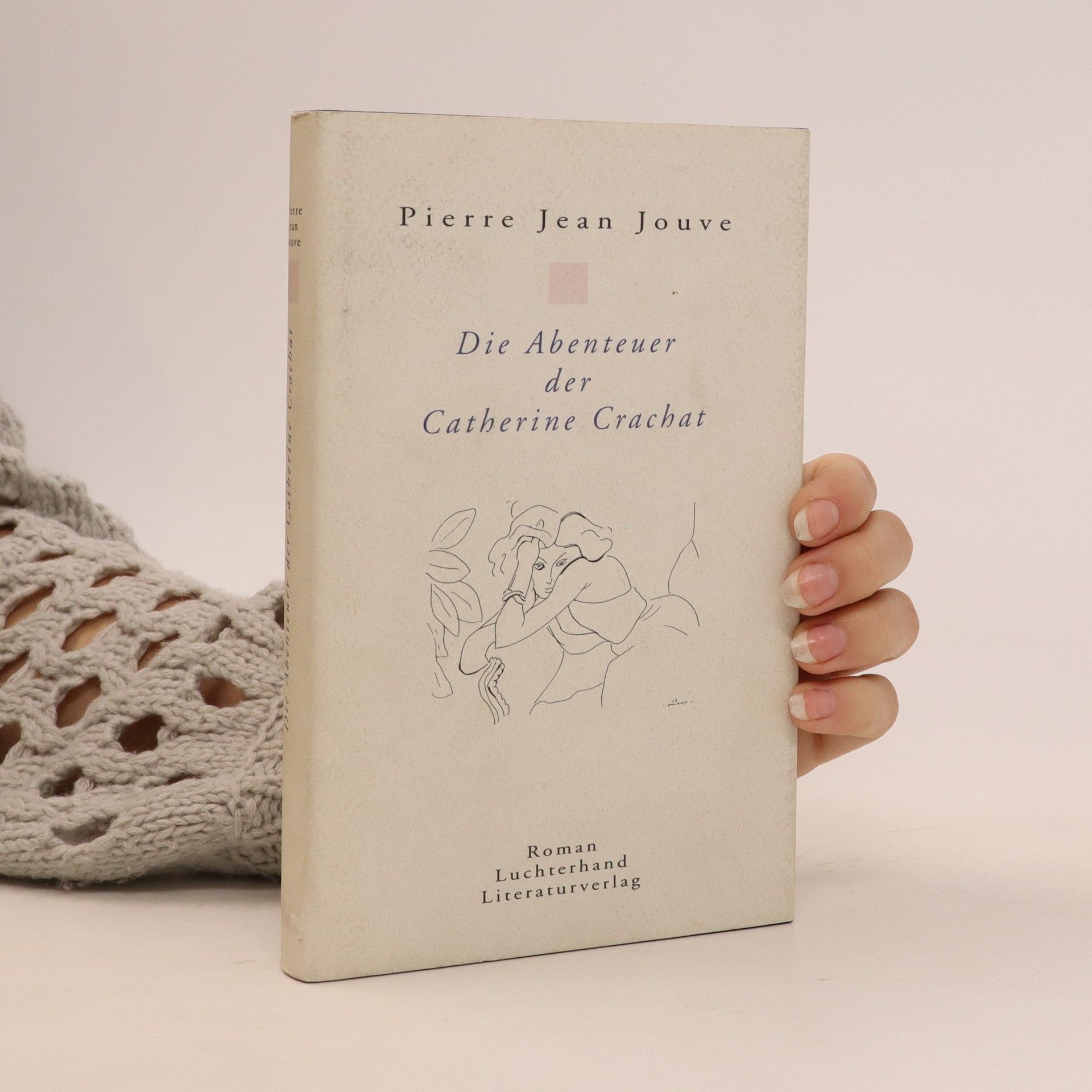

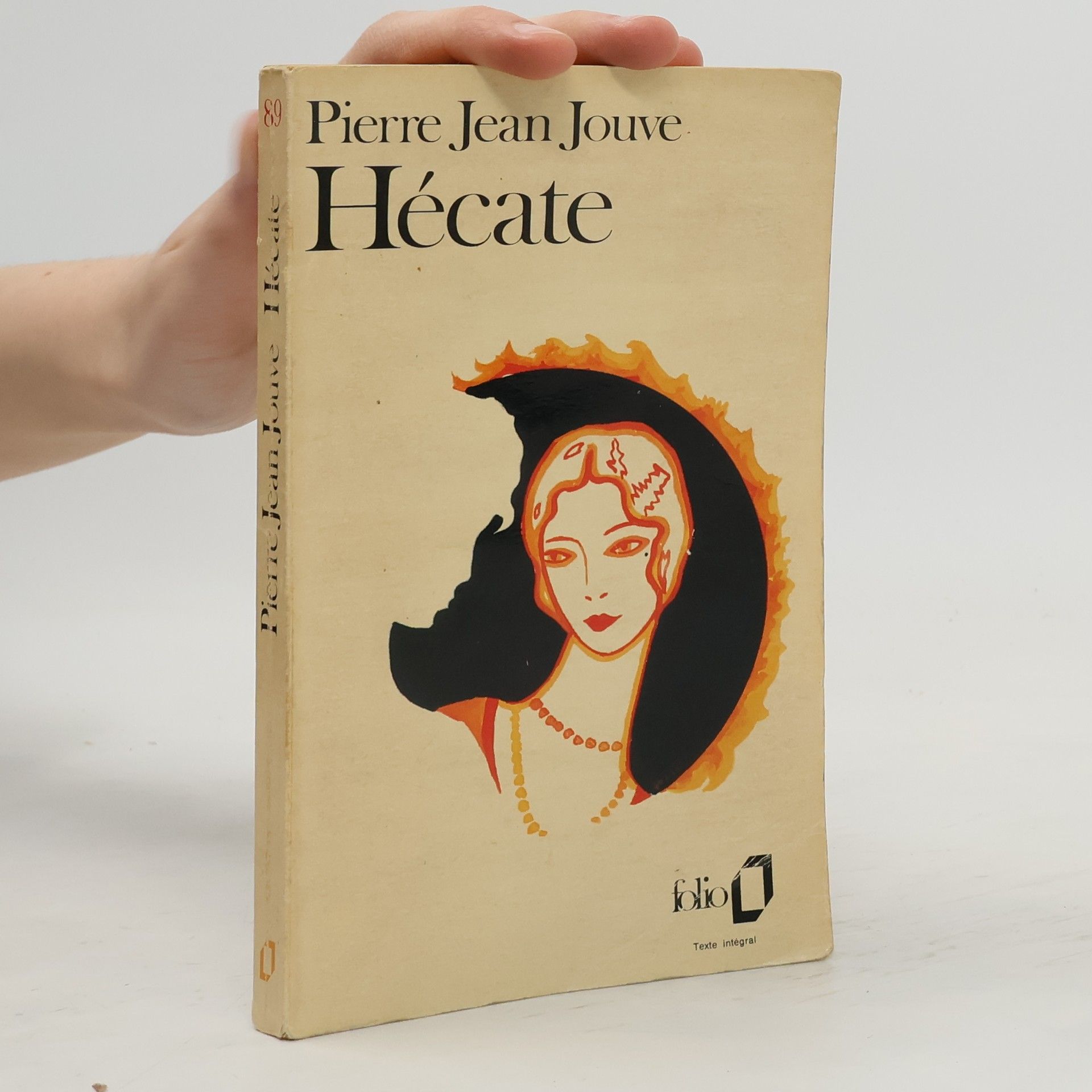
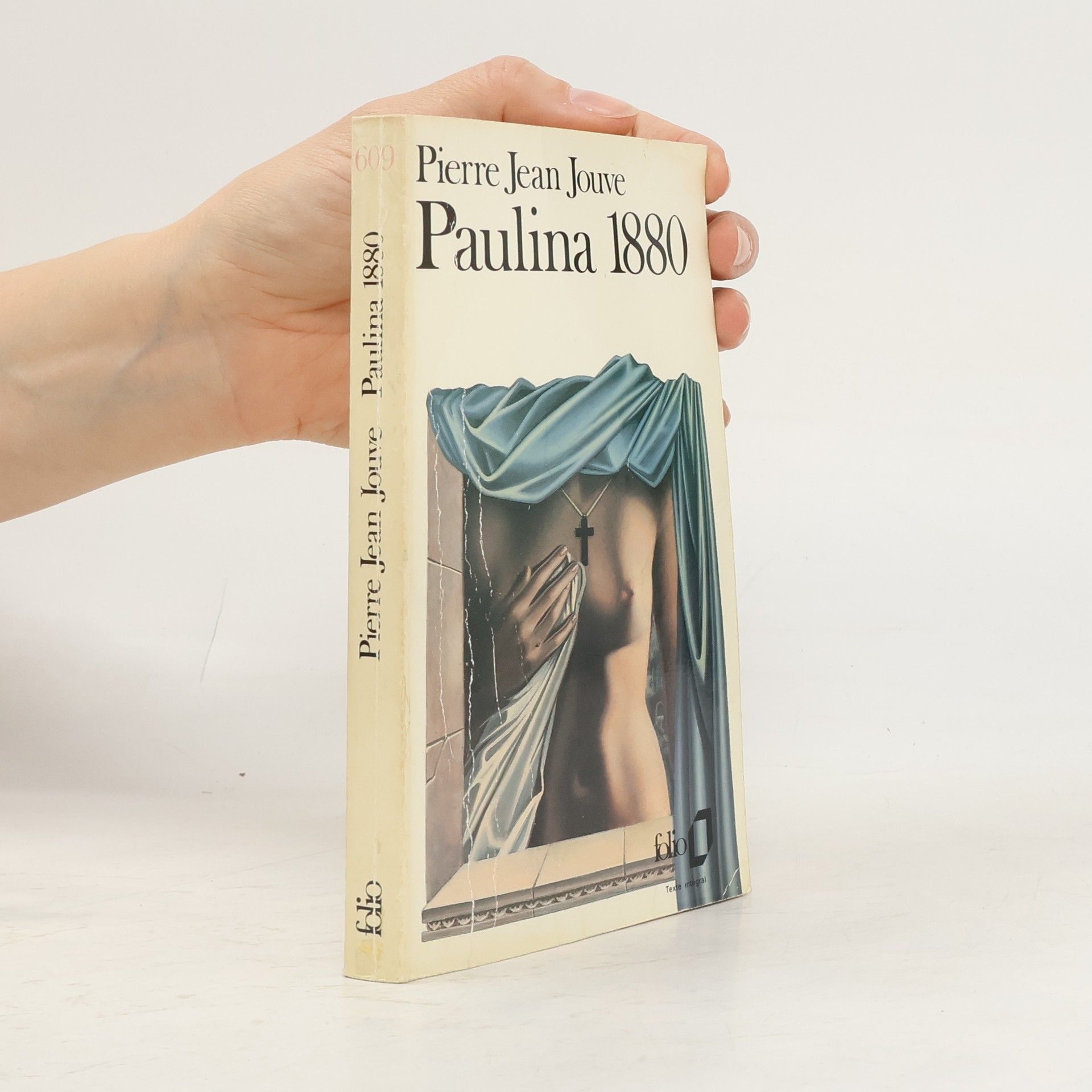
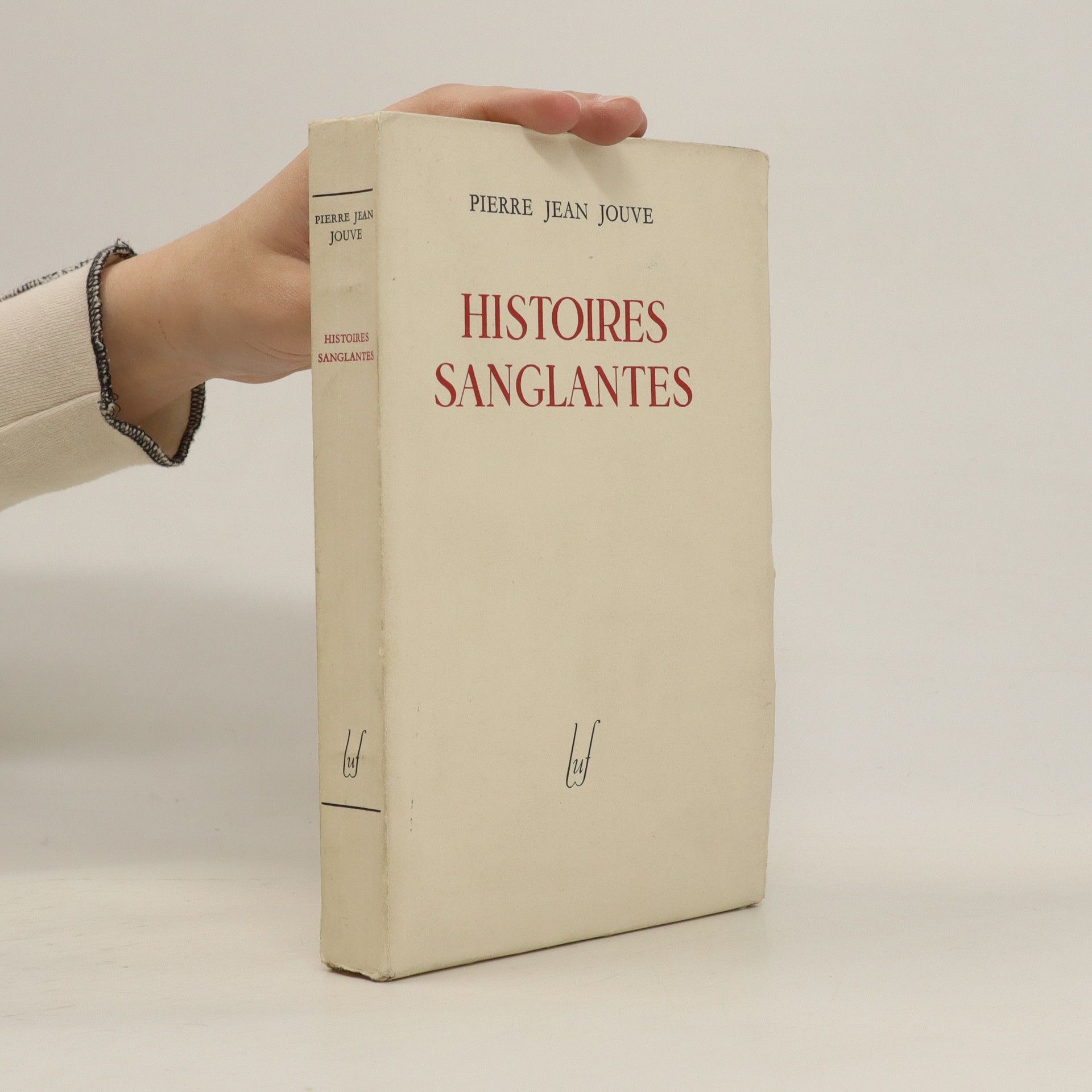
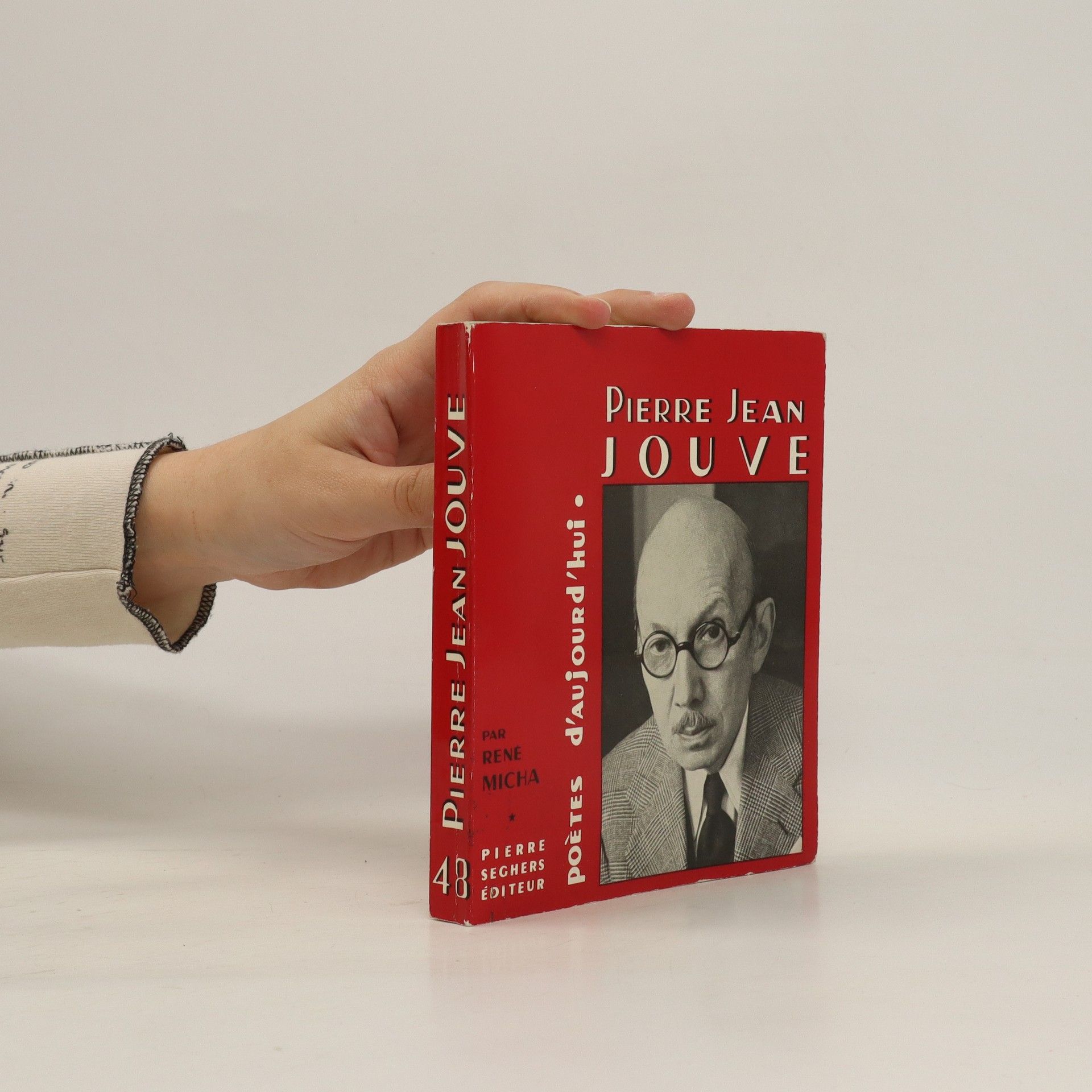
Paulina Pandolfini. Née à Milan le 14 juin 1849. Fille cadette de Mario Giuseppe Pandolfini et de Lucia Carolina son épouse. Célibataire sans profession. A séjourné comme novice dans le couvent de la Visitation à Mantoue de 1877 à 1879. A tué à Florence, le 28 août 1880, son amant le comte Michele Cantarini. Condamnée par jugement de la Cour de Florence en date du 12 avril 1881, à vingt-cinq années d'emprisonnement. A purgé sa peine dans la prison judiciaire de Turin jusqu'au 15 juin 1891, date à laquelle elle fut graciée.
,,V tomto románu vylíčil Jouve svým básnicky jemným způsobem pohnutý příběh filmové herečky, krásného a nadaného stvoření a přece proklatého pouhým jménem rodovým, čímsi, zač člověk nemůže a co přece vrhá na jeho život věčný stín. Hrdinka románu jest nad to stržena do víru osudu ženy poznamenané tragikou zvrácených erotických sklonů, přinášející zhoubu a smrt tomu, koho miluje." (Zo sprievodného listu vydavateľa čitateľom.)
